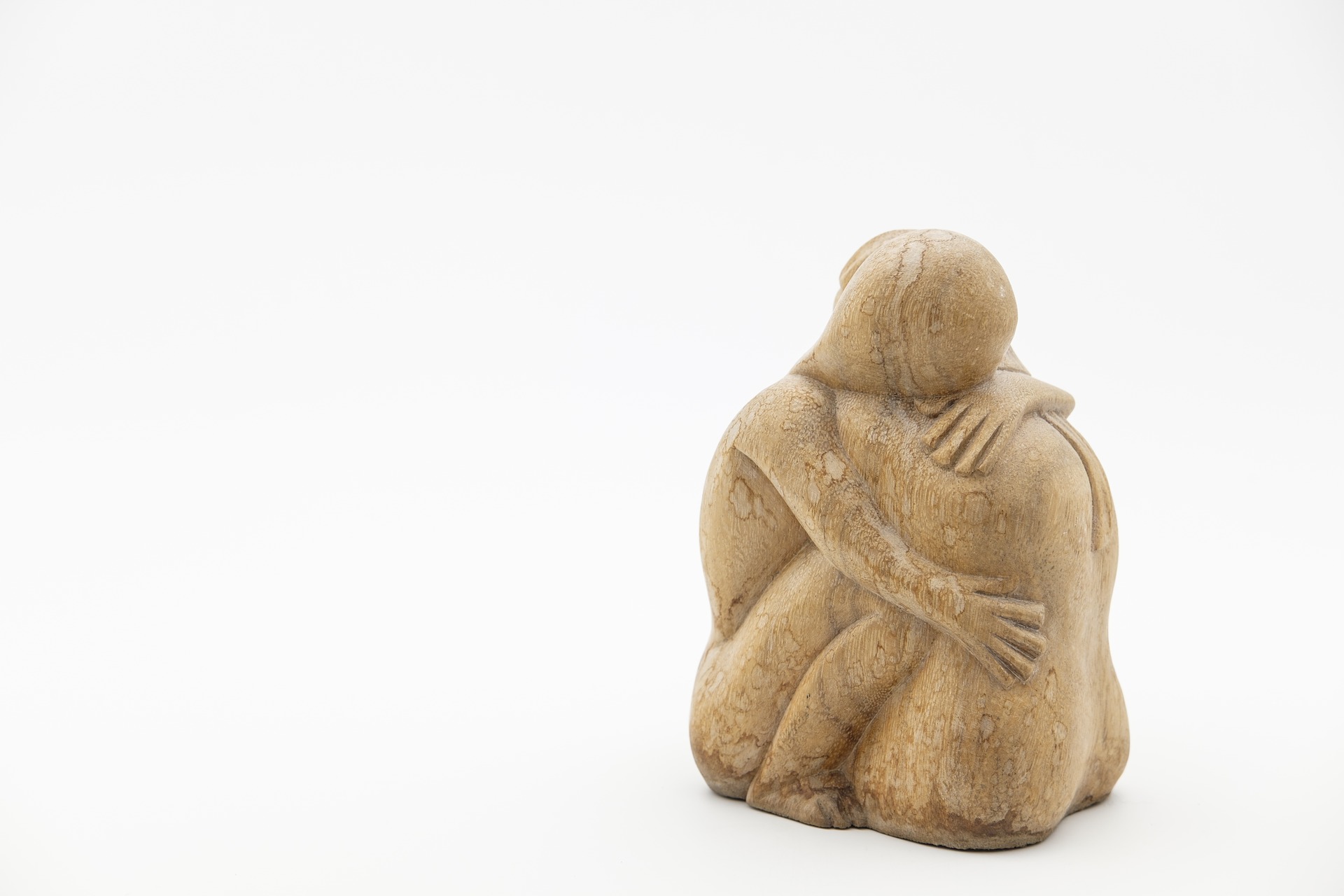Several years ago, I collaborated with my cousin on a book that explored how the sexual abuse she suffered as a child had “formatted” her adult psychosexuality. Working with her on the book was a riveting, discomfiting experience, and I thought it had satiated my desire to explore these dark waters. However, a few years ago, when my marriage had reached an emotional impasse, I felt the need to explore my own subtle (not so subtle?) masochism.
This book-length investigation took the form of a letter, written over three years, to my wife (whom I will call here Elle); I tried to examine how I had been formatted (severe childhood stutter, deeply troubled relationship with my mother), why Elle and I were drawn to each other, whether we were still drawn to each other, whether we still belonged together, what we wanted to do now to and with and for each other after nearly 30 years of marriage.
It’s a brief book—fewer than 140 pages—and it’s full of quotations across the centuries from other writers about men and women and marriage and sex and porn and power—but at its center is an address from myself to “you,” who is a generalized, somewhat allegorical, slightly exaggerated version of Elle. It’s an attempt to force out into the open the marriage’s destructive and self-destructive modes of being and, thereby, either reanimate it or eulogize it.
Per the push-pull dynamic implied above, I was trepidatious about showing the manuscript to Elle. When I finally asked her to read it, she said (and I agreed) that she expected this would bring our marriage to a (civil) close. While I went away for a few days, she read the book once. Then she read it again. Was the marriage over? Apparently not yet. Did she like the book? Not especially. Wasn’t she dying to discuss every moment and observation in the book? Definitely not. Did she have any requested changes? At first a few, then none.
Now that the book is being published, Elle’s only request is that she and I not discuss it. Nor does she wish to ever hear it mentioned to or by any of our friends. It’s our verboten topic (and therefore, of course, that much more electric and alive). And yet—since, in her view, the book is far less about our marriage per se and much more about my own internal damage—she appears not to object to the book being published. (Was she hoping I’d cancel the book of my own accord? I certainly considered doing this, as recently as a few months ago. Is publishing the book a betrayal? She continues to say no. Is writing and publishing this essay a betrayal? Apparently not. I just asked her. “It’s your funeral.” Surely this is the book’s perfect epilogue.)
This strikes me as an almost impossibly beautiful and paradoxical position—Elle’s—very much along the lines of Evelyn Beatrice-Hall’s well-rubbed locution “I disapprove of what you say, but I will defend to the death your right to say it.” Elle’s existentially elegant move seems to me to accomplish at least three things: 1) grant herself the freedom in which to remain silent; 2) give me the freedom to talk about everything until I’m blue in the face; and 3) fan the flames that are the marriage’s emotive fire.
Thus far, my favorite response to the book has come from a friend who’s a psychoanalyst; she says, “Its counterintuitive, amoral perspective on love is the only perspective that works.” Which means that we’re all vectors on the grid of our own irreducible drives and that we’re destined to find someone with whom to enact these drives. Elle’s and my (mild) perversities align (perfectly and just barely). As Maggie Nelson writes in Bluets, “It was around this time that I first had the thought: we fuck well because he is a passive top and I am an active bottom.”
The book hasn’t transformed my life or my marriage in the way I thought certain it would, but no other experience has shaken me more to my core, made me feel simultaneously closer to and more distant from Elle. What effect has it had or will it have on our marriage? She and I are still figuring that out—including whether the marriage will survive and how and on what terms and how well. I would say the book has given the marriage a useful urgency. What would she say? Let me ask her. “No comment.” Romantic love is a phantasm; it’s crucial to understand this. It’s also crucial to understand your own flawed, failed, tragic character and fate—what Elle and I are aiming (and often enough failing) to do with ourselves and each other and our marriage, day by day.
Image credit: Pixabay/Bruno Glätsch.









